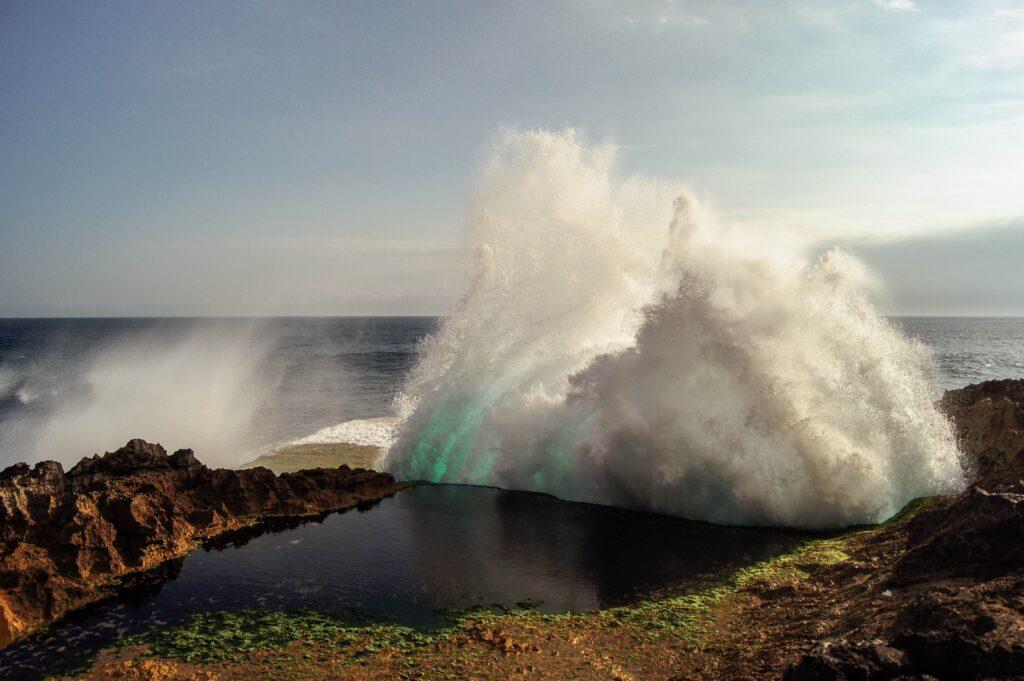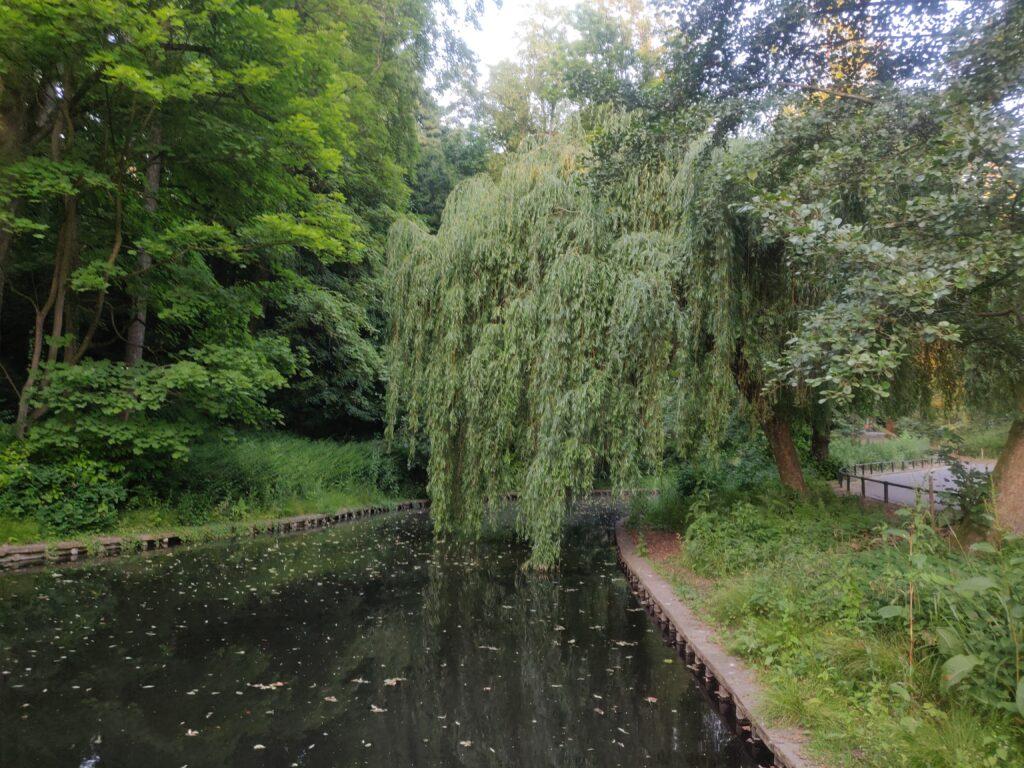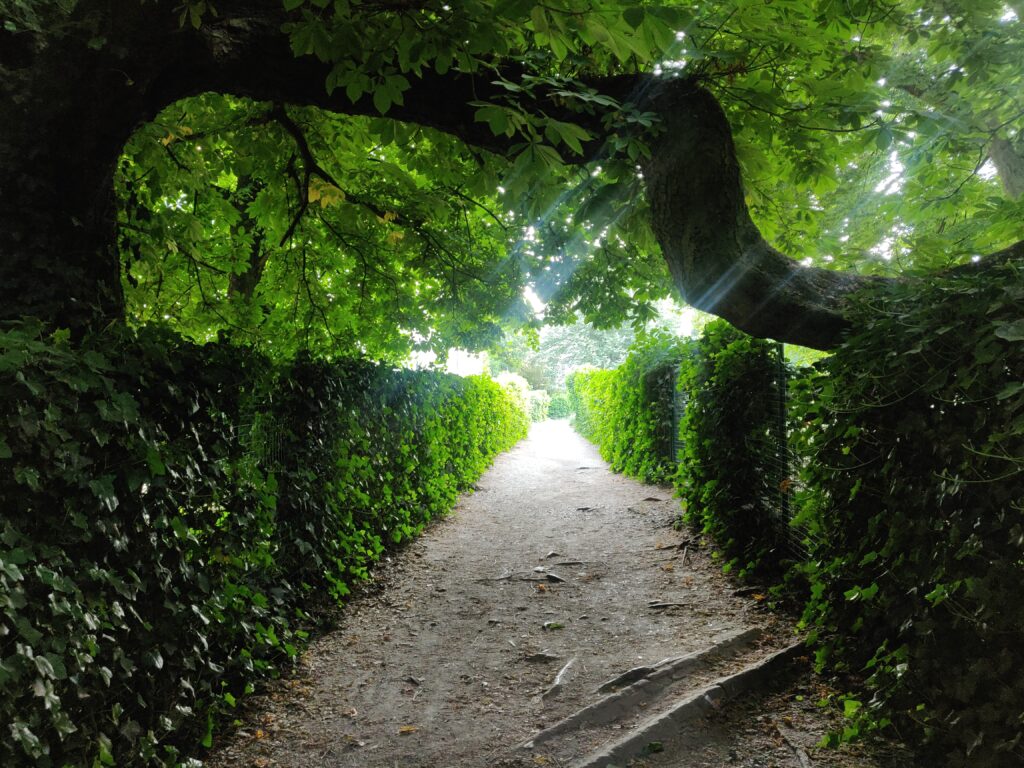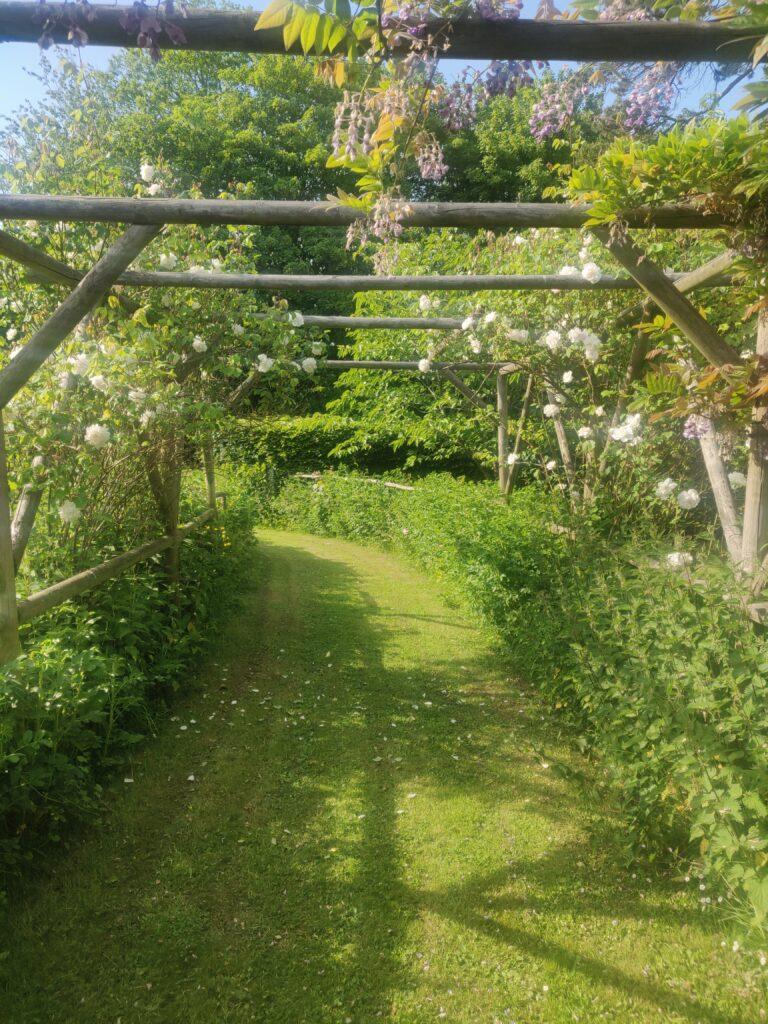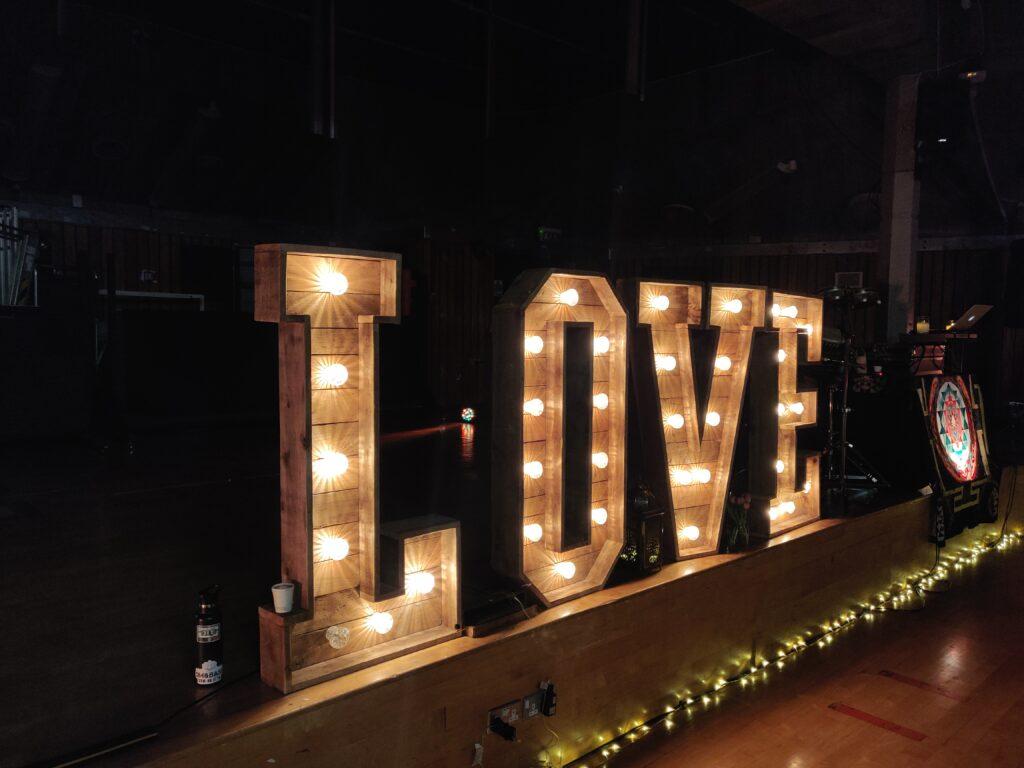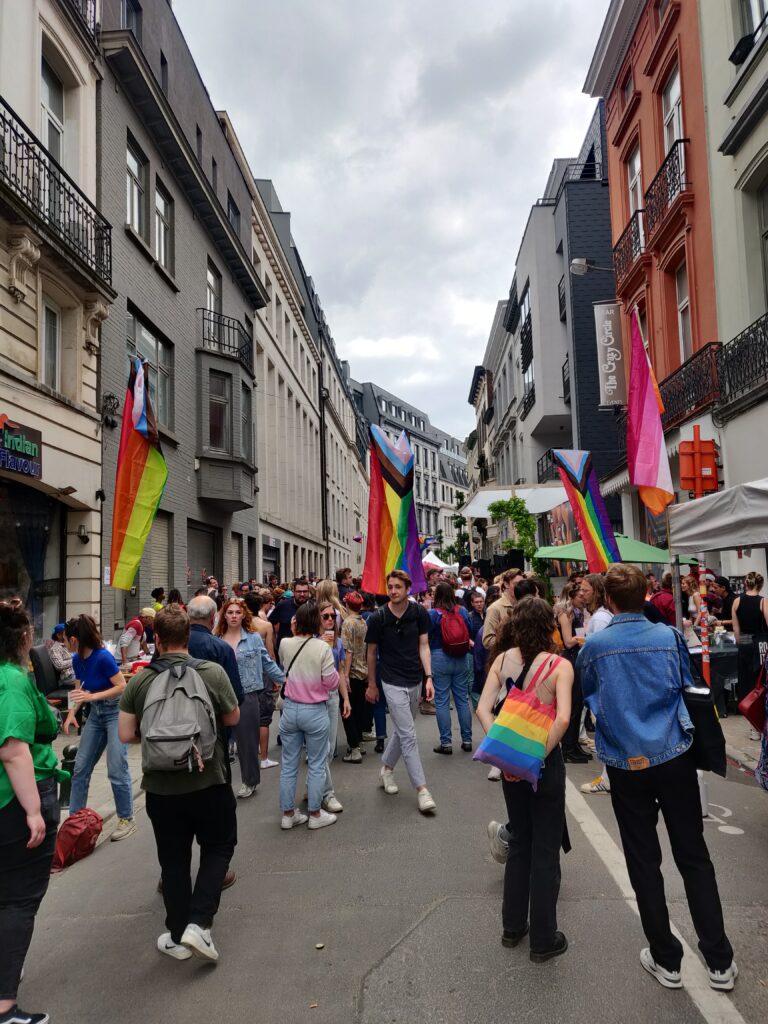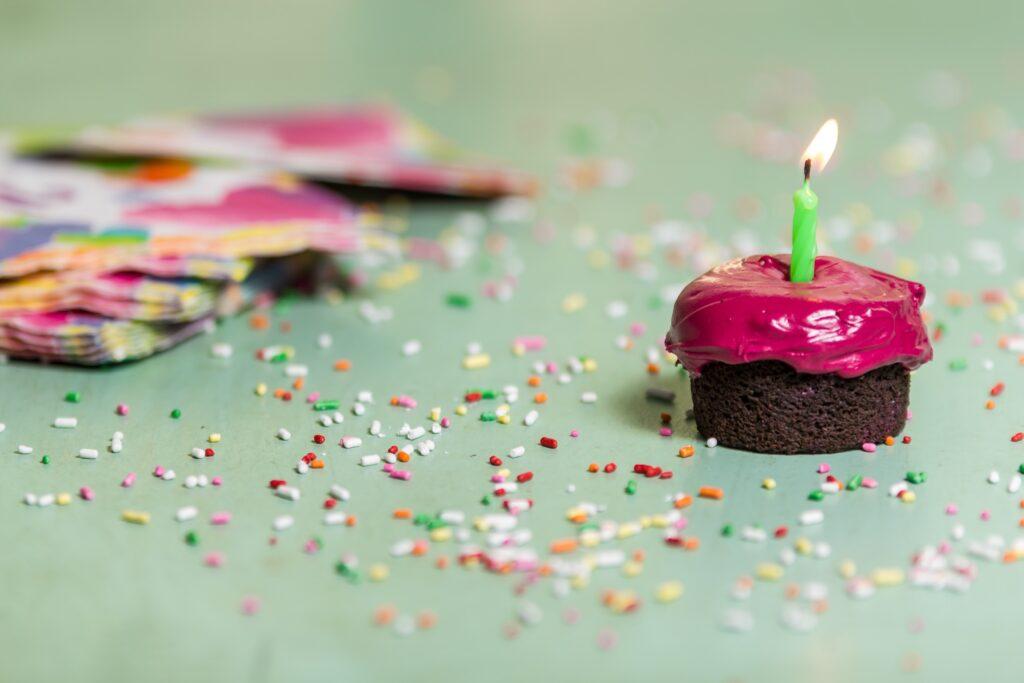
I turned 30 this week. And I wasn’t sure how much I should celebrate or not.
I have a somewhat difficult relationship with birthdays. I found it hard to celebrate the occasion over the years because I felt it came at an inconvenient time. It was just after the school holidays, or just as the university term had started and everyone went home. Nobody was really around to do much for it.
On reflection, I think I learnt to dread my birthday. It was a day where I heard a lot about what I should experience, and how it was meant to be such a great day. I found that generally any such expectations were not met. Looking back on it I found the whole ordeal rather painful emotionally for many years.
In my adult years, my newest line has been to reject the notion of birthdays as a concept. ‘What’s in a day anyway?’. It made it a lot easier to just not engage with the idea of it, rather than deal with the expectations that came with it.
There is some truth to the fact that a single day does not make us nor break us. Yet If i’m honest with myself it’s also been a self defense mechanism I built up. It’s become so instilled in me I hadn’t even realised I had created it.
I’ve been travelling a bunch in the lead up to my birthday. I had a few social engagements dotted around before and after, so it got to the point where planning felt inconvenient. In the end, I didn’t really do a whole lot. And whilst I think ‘regret’ is too strong a word, a few days later I feel I probably missed an opportunity to mark the moment more vividly.
The beauty of personal development is that every opportunity is a moment where we can learn deep things about ourselves. This experience fits in with my journey of the last few weeks, notably realising how emotionally sensitive I am as a person.
I am reopening my heart to the world. Honestly, it’s a pretty painful experience. I am letting down guards that have been up for so long I didn’t even realise they were there. And opening up means both reexperiencing things I had shut away, but also coming into a deeper state of vulnerability. I’m having to reevaluate things like my ‘who cares’ attitude towards birthdays. I’ve also noticed that the bitterness towards my own experiences has been souring how I show up for others in their celebrations too.
All is not lost, birthdays are a great opportunity to reflect no matter how much or little we actively celebrate them. I’ve heard someone describe them as our own personal new year, which I’m quite fond of as a concept.
This last year has been a crazy journey for me. I’ve had many people talk about how much I have changed and evolved. I’ve had achievements like writing my book. But more profoundly, friends around me talk about the way I have shown up for them in a deeper, more powerful and loving way.
Life is opening up in ways that I didn’t think possible. I feel my 30s are going to be more fun and wild than my 20s, which is an exciting feeling. I am clearer in who I am choosing to be.
I’m on the path to self betterment and creating the life I want to live.
